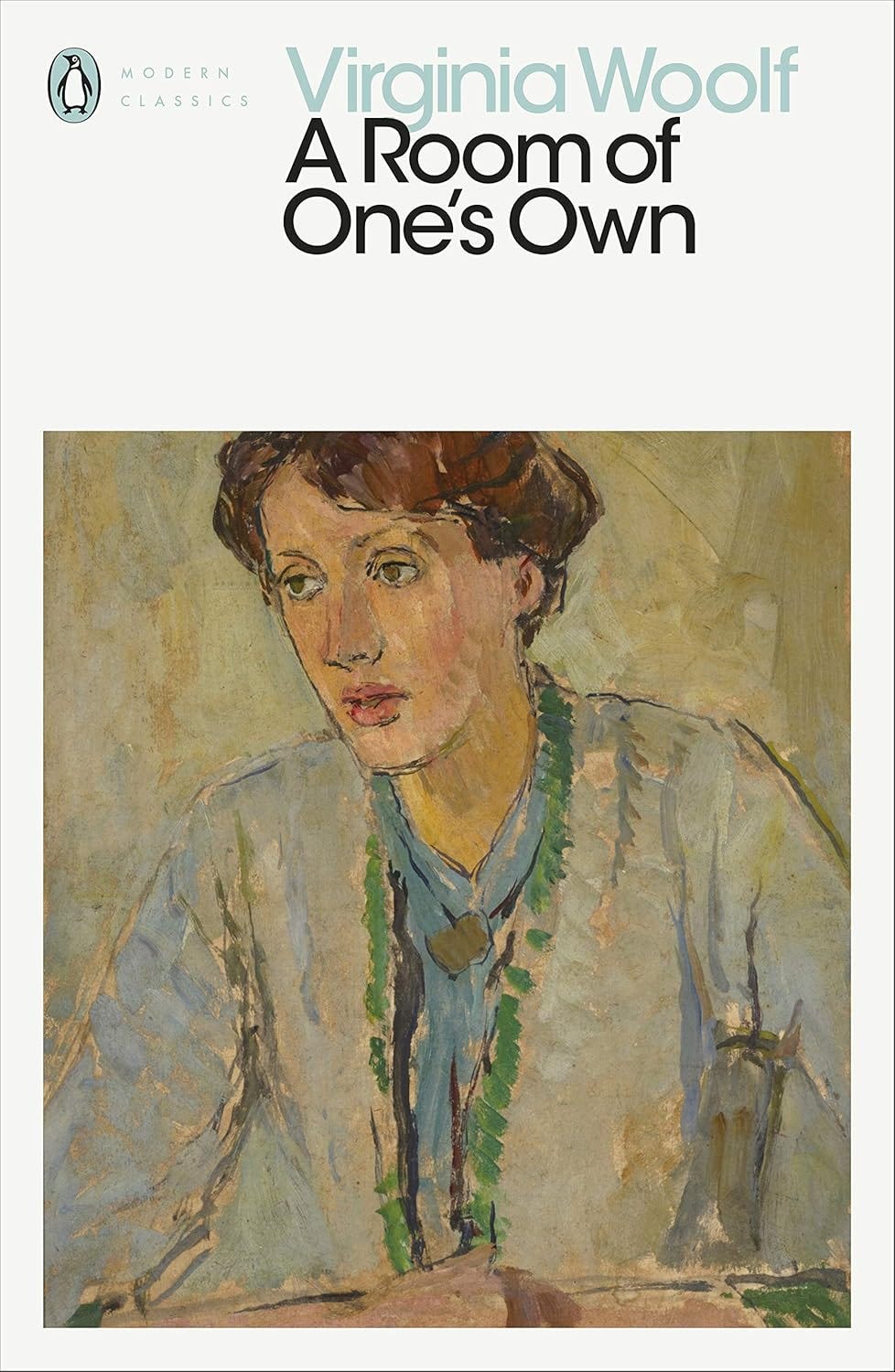Looking back on 2024
The Practical Polymath #101
Hi friends,
Greetings from Brooklyn!
I’m feeling content with the reading and writing I’ve done this past year. I published infrequently, letting the few pieces I wrote fully mature. My two favorites were observations on keeping a journal for a decade and a piece on Robert Caro’s work process. I read books as rewarding as they were difficult, and I read them slowly, taking the time to articulate how they altered my way of thinking. I tried a bunch of experiments, including interviewing polymathic people and writing book takes on Instagram.
Our daughter was born in April, which meant squeezing a lot of the reading and writing into the early hours of the day. Now, a father of two, I cherish those quiet, dark hours. They are a cloister I’ve built for myself where I get to exercise the total freedom to do things not out of duty, necessity or ambition but for their own sake.
In 2025, I’ll continue reading classic literature. If you’re curious, I’ve just finished putting together my reading program and approach for the year ahead. And if you have an itch to read more but struggle to find the time or energy, I'd love to help. Drop me a line, or book a chat.
Until next year,
Florian
Weekly Wisdom
📚 A Room of One’s Own: In 1929, Virginia Woolf published an essay calling for the fundamental need to earn a living for women to be able to write. She takes aim at the myth of the “genius” author that overlooks the material comfort and freedom that enabled much of canonical literature to be written. Woolf is a good reminder of the wisdom we missed out on during the three thousand-odd years when only half the world population enjoyed the privilege of sitting down at a desk and writing, undisturbed.
🔭 The Catherine Project: Philosopher Zena Hitz created a space where anyone can gather to discuss great works of literature, philosophy, and history—driven purely by the love of learning. Through free small-group discussions, participants explore a broad range of authors from Euclid to George Eliot and Tolstoy. The goal is to create a space where intellectual engagement with the humanities doesn't have to be confined to the university system. It's the most inspiring educational initiative I've discovered this year.
🔡 Syllabi: How do you begin learning about a complex topic when you only have five hours to spare? My colleague Nan Ransohoff tackled this challenge by creating a library of expert-curated introductory guides, covering subjects from English literature to housing supply. Each syllabus offers a structured path through the essential concepts and readings.
Lateral Thought
“Thus, towards the end of the eighteenth century a change came about which, if I were rewriting history, I should describe more fully and think of greater importance than the Crusades or the Wars of the Roses. The middle-class woman began to write. For if Pride and Prejudice matters, and Middlemarch and Villette and Wuthering Heights matter, then it matters far more than I can prove in an hour’s discourse that women generally, and not merely the lonely aristocrat shut up in her country house among her folios and her flatterers, took to writing.”
Virginia Woolf (A Room of One’s Own)



Thank you for a year of informative if not stimulating writing. Who painted the portrait of Virginia? If it was you I tip my hat.